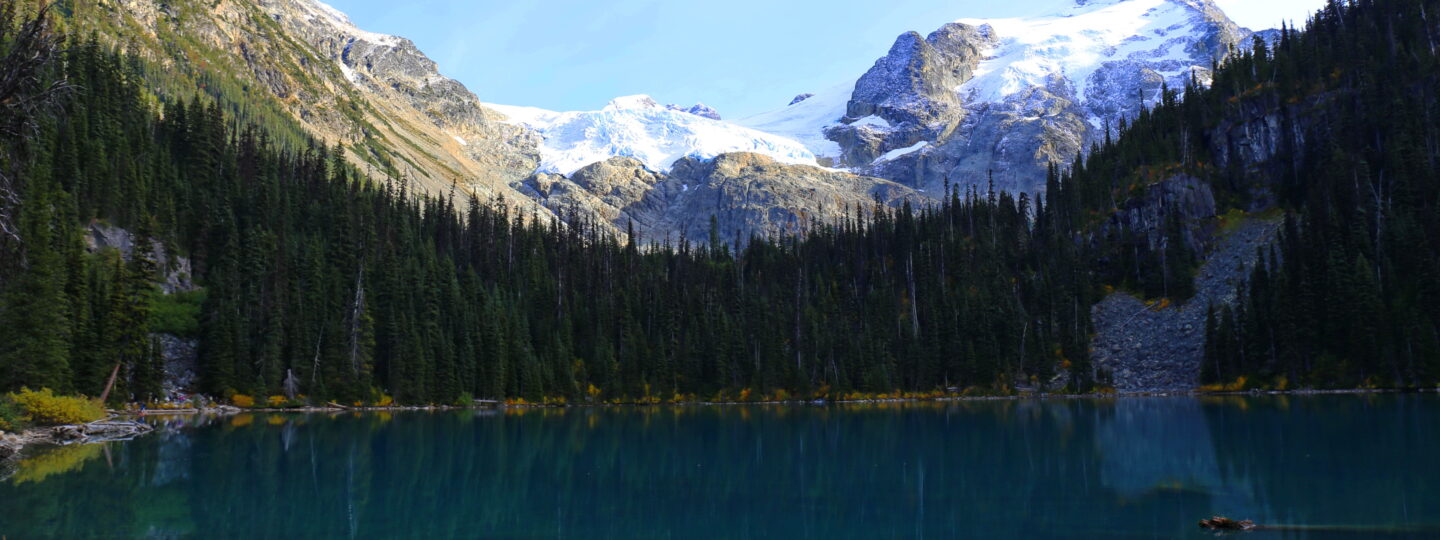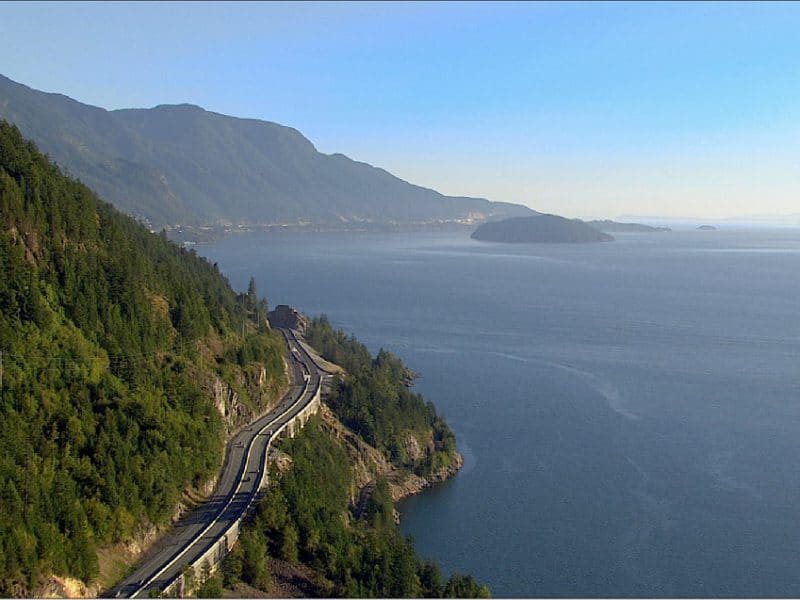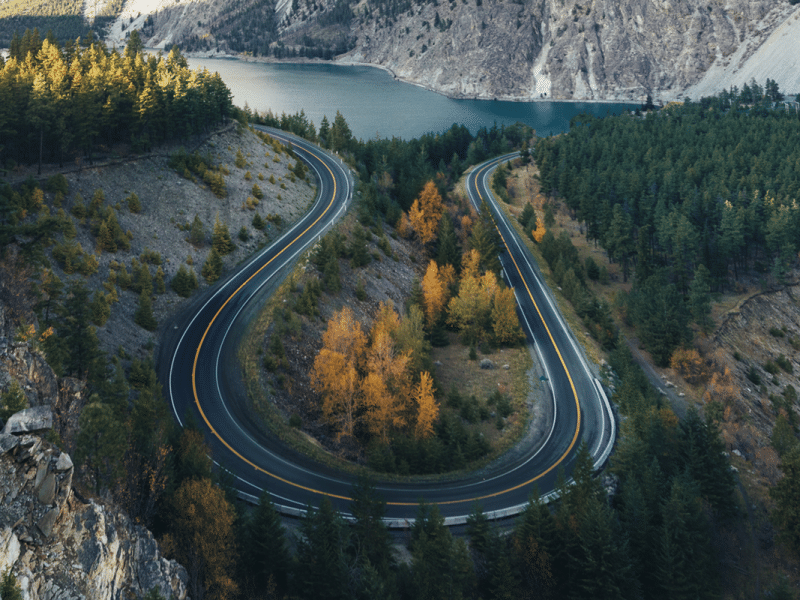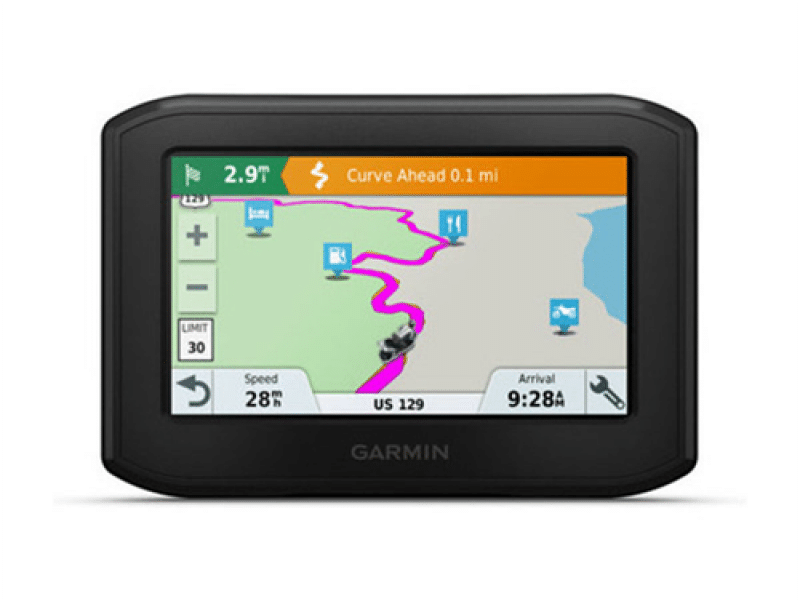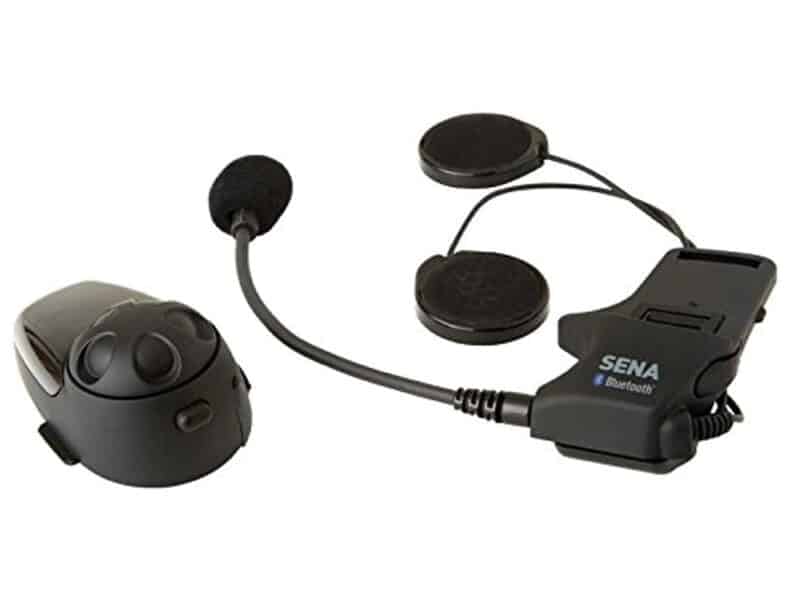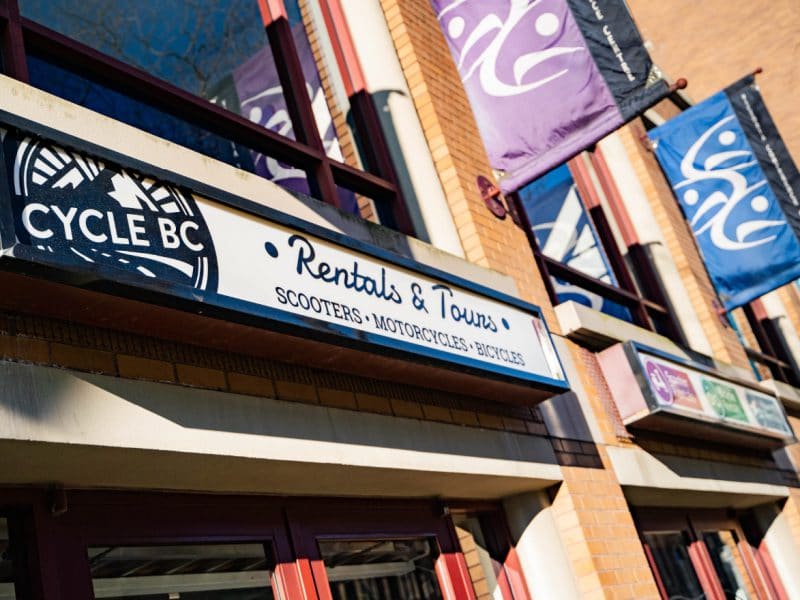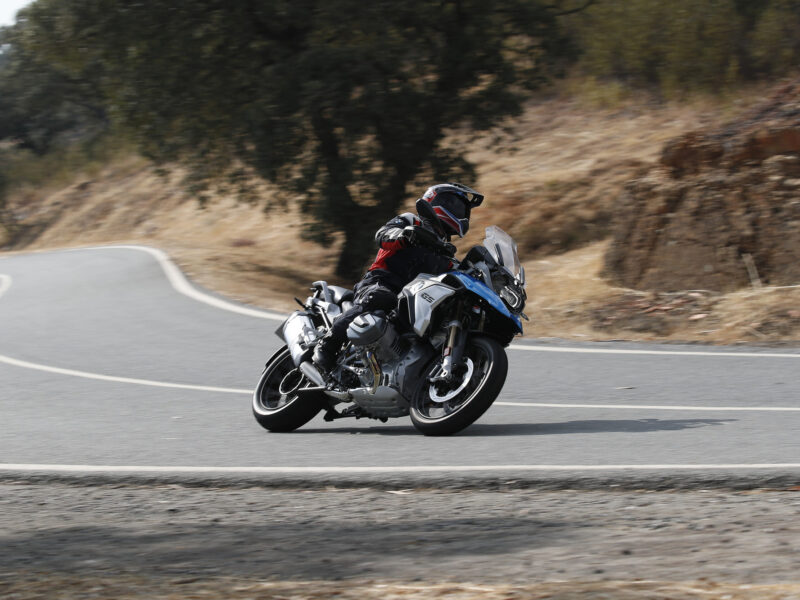Motorcycle Trip Planning
Planning a motorcycle trip involves a few key elements: mapping out a route, researching accommodations and stops along the way, packing and preparing for the trip, and understanding the local road laws and regulations. Here are some steps to take when planning a motorcycle trip in BC, along with some useful website resources.
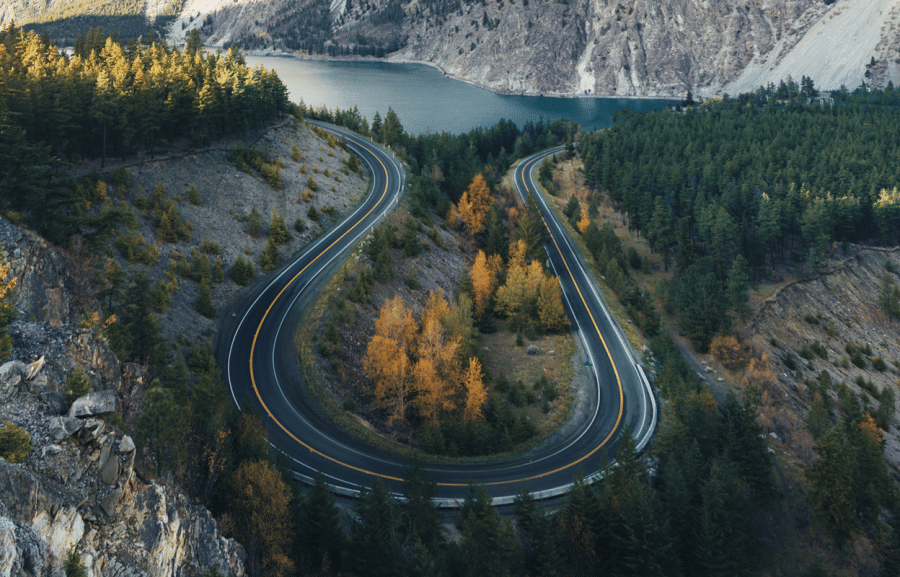
Route Planning
Where to go and how to get there!
Google Maps: Use Google Maps to figure out distances between cities and to choose your preferred routes. You can also identify natural attractions, restaurants, and more along the way. Save your maps offline or print them out in case you lose signal.
Official Tourism BC website: https://www.hellobc.com/ offers maps, routes, and suggestions for places to visit, attractions, restaurants, etc. In particular check out their Motorcycle Road Trips section.
I Think We Missed a Turn: https://ithinkwemissedaturn.com/ offers a list of the best motorcycle roads in British Columbia, and other great resources for planning your BC adventure.
Cycle BC: Make sure to check out our Routes Section for recommendations on everything from a day trip up to a multi week adventure! If all of this is just sounding like too much work we also offer pre-packaged self guided Motorcycle Tours.
BC Ferries: Depending on your route takes you it may require a ferry trip. BC Ferries is the Provincial provider for ferry services in BC. For sailings between the Mainland of Vancouver to Vancouver Island you won't need a reservation as motorcycles get priority boarding but it may be a good idea if it's a long weekend. If you are planning on taking the Inside Passage from Port Hardy to Prince Rupert you'll need to book this sailing as far ahead in advance as possible.
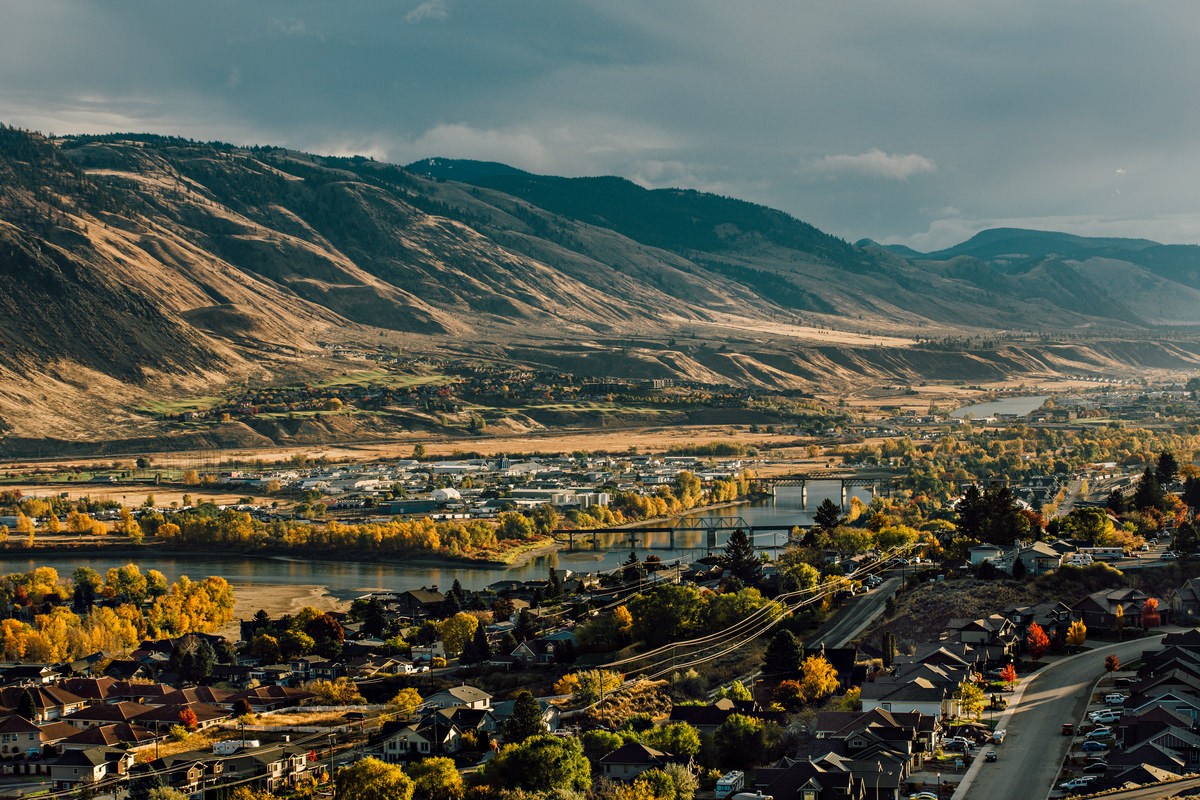
Accommodations
Recommendations of booking accommodation for your trip.
Booking.com, Google Travel or Airbnb: These websites can help you find accommodations along your route, including motels, hotels, and private residences. Be sure to check for motorcycle-friendly places or those with safe parking.
Campgrounds: If you're planning on camping, the BC Parks website http://bcparks.ca/ can provide information on campgrounds along your route.
To Book or Not to Book: The best part of any adventure is getting on a bike, riding till your exhausted and not knowing where you are going to end up at night. For the most part you should be able to find a hotel when you roll into town but we recommend booking accommodations in advance if you are visiting popular tourist destinations such as Vancouver, Victoria, Banff, Jasper, Whistler & Tofino. Also pay special attention to our long weekends or Statutory Holidays.
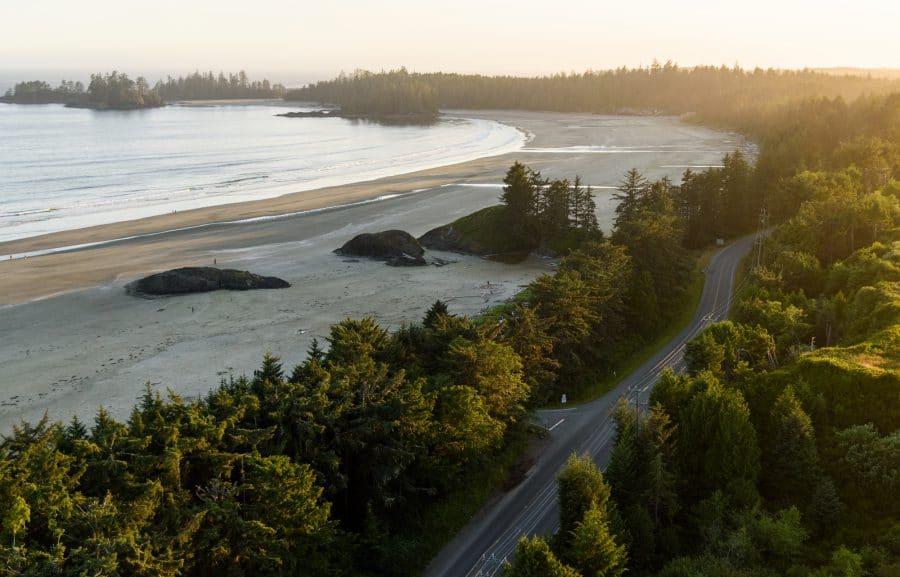
Weather and Road Conditions
The best time to ride in BC and a general overview of what you can expect.
Weather Network: https://www.theweathernetwork.com/ca provides up-to-date weather forecasts for the areas you'll be visiting.
DriveBC: https://drivebc.ca/ is a government website that provides real-time road conditions, closures, and traffic information.
The best months to ride a motorcycle in BC, are typically from late spring to early fall, between May and September. This period usually provides the most pleasant weather and road conditions for motorcycle riding. The driest months tend to be July and August, but they also come with warmer temperatures.Here's a rough guide for average temperatures during this period:
- May: Average low of 8°C (46°F) and average high of 18°C (64°F), average rainfall: 65 mm (2.56 inches)
- June: Average low of 11°C (52°F) and average high of 21°C (70°F), average rainfall: 54 mm (2.13 inches)
- July: Average low of 14°C (57°F) and average high of 24°C (75°F), average rainfall: 36 mm (1.42 inches)
- August: Average low of 14°C (57°F) and average high of 24°C (75°F), average rainfall: 37 mm (1.46 inches)
- September: Average low of 11°C (52°F) and average high of 19°C (66°F), average rainfall: 50 mm (1.97 inches)
Note: These temperatures are for Vancouver, one of the major cities in BC. The province has diverse climates, so temperatures may vary. Coastal areas are generally more temperate, while the interior can experience higher summer temperatures and cooler nights. Mountainous areas can be unpredictable and tend to be cooler.
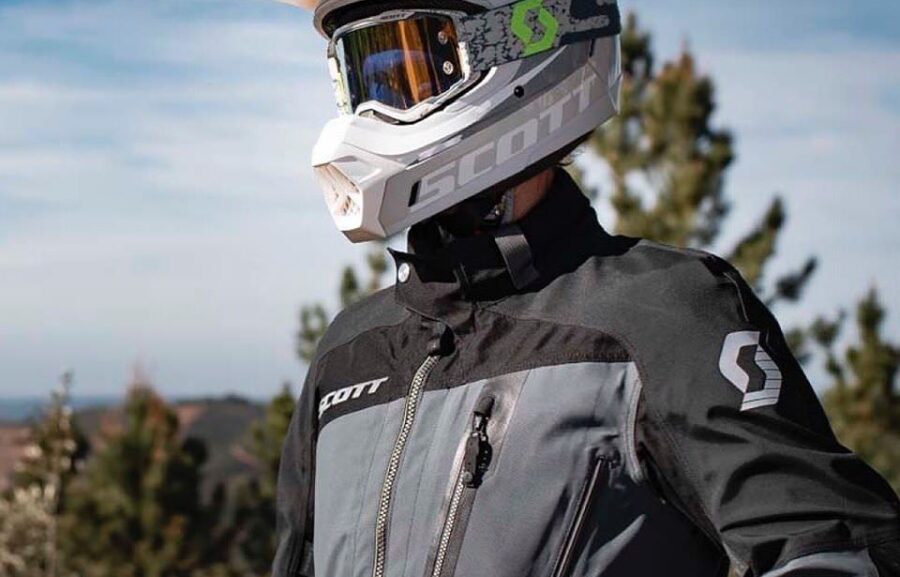
What to Wear?
Riding a motorcycle safely involves wearing the right gear, no matter the location. In British Columbia, like anywhere else, you'll want to focus on protection, comfort, and weather adaptability. Helmets and gloves are provided with every rental free of charge and we have several accessories available to rent. Here are some items to consider:
- Helmet: Helmets are mandatory in British Columbia and they must meet safety standards (DOT, ECE or SNELL). Full-face helmets provide the best protection.
- Jacket: Look for a motorcycle-specific jacket. These typically have built-in armor in high-impact areas such as the elbows, shoulders, and back. Consider a jacket with good ventilation for warmer weather, and consider layering or a heated jacket for colder months.
- Pants: Motorcycle pants, like jackets, offer armor in high-impact areas (hips, knees). They should be made of abrasion-resistant material like leather or a reinforced textile.
- Boots: Choose over-the-ankle motorcycle boots that provide good grip, ankle protection, and a sturdy toe box. Waterproof boots might be a good choice due to BC's rainy climate.
- Gloves: Gloves should be sturdy and have reinforced palms and knuckle protection. Look for waterproof, warm gloves for riding in colder or wet conditions.
- Rain Gear: Given the likelihood of encountering rain, particularly on the coast and in the shoulder seasons (spring and fall), consider packing a rain suit that can be worn over your gear.
- Layering: In BC, temperatures can vary greatly between day and night, or between coastal and inland areas. Packing layers can help you adjust to changing temperatures.
- Visibility: BC's weather can often be overcast and rainy, reducing visibility on the roads. Wearing gear with high-visibility colors or reflective material can help other drivers see you.
Remember to always pack for the season and anticipated weather conditions. Check the forecast before your trip to ensure you're properly prepared.
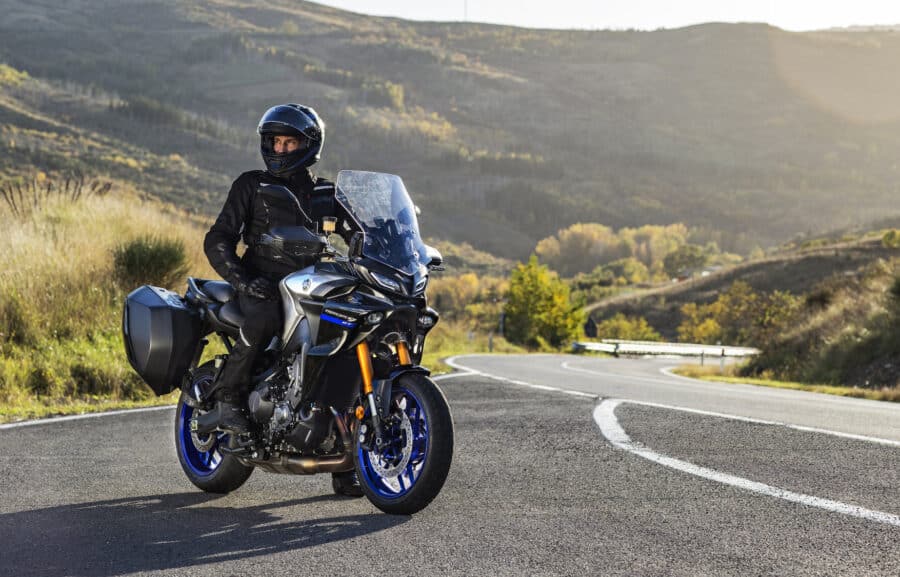
Laws and Regulations
Understanding road rules, licensing and insurance in BC.
ICBC: The Insurance Corporation of British Columbia https://www.icbc.com/ provides information on local road laws, safety tips, and motorcycle license requirements.
License Requirements: A valid driver's license in either English or French with motorcycle endorsement (must be present at the time of pick up). An international driver's permit may be required depending on your country of origin. A physical driver's license must be on your person at all times while operating a vehicle, digital copies are not accepted. See the Government of Canada for additional details
A few notable differences to riding in BC
-
- Lane splitting is not legal and largely looked down upon be other motorists, they may react aggressively and attempt to cut you off so it's best not to do it.
- You can make a right hand turn on a red light unless otherwise posted.
- Blinking green mean you are approaching a pedestrian controlled crosswalk. If you see pedestrians nearby it's best to slow down in anticipation of the light turning red.
- The average speed limit in town is 50km. Highway's range 80 km/h (50 mph) to 120 km/h (75 mph) with the majority being 100 km/h (62 mph). You'll notice most motorists travel 10km over the speed limit but be warned if you are caught travelling 40 km/h (25 mph) over the posted limit the bike will be impounded for a week.
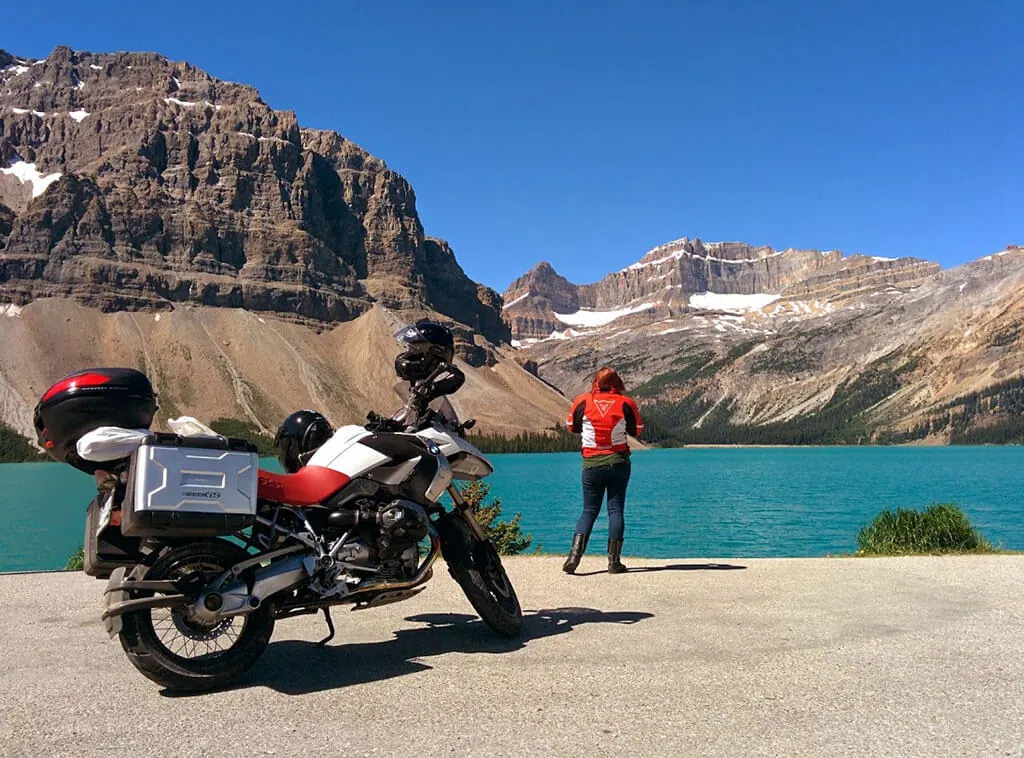
Packing and Preparation
The trip is planned, now the hard part... packing!
Packing List: This comprehensive packing list is designed to equip you with everything you'll need, from essential safety gear to handy extras, as you gear up to explore the breathtaking landscapes on your motorcycle trip.
Motorcycle Luggage: Side cases and a top box are included with every rental free of charge. We list the luggage specification's on the individual product page of each bike, so head on over to the rentals section for additional details.
Luggage Storage: We provide complimentary secure storage for any luggage you would like to leave behind while you are out on the bike.
Remember to plan for safety as well: always wear appropriate gear, keep a first aid kit with you, and ensure your motorcycle is in good condition before setting off. And remember, the best plans are flexible. Allow for some spontaneity and be prepared to adjust your plans if you encounter unexpected issues or attractions along the way.
Let's Get Going
Requirements
Getting on a motorcycle and riding off for days at a time has a minimum set of requirements. Please review our quick checklist and refer to our Rental Policies for a detailed list of rental requirements.
-
Age
21 years of age or older.
-
License
A valid driver's license in either English or French with motorcycle endorsement (must be present at the time of pick up). An international driver's permit may be required depending on your country of origin.
-
Experience
More than one year of riding experience on a similar sized bike to which you would like to take out.
-
Security Deposit
A coverage deductible ranging from $2000-3000 depending on your choice of bike for the duration of the rental by means of credit card authorization only.
FAQs
Have a question but can't find the information you are looking for? There's a good chance we've answered it in our FAQs, so take a look, and you might find other helpful answers.
-
Can I drive a rental motorcycle off road?
Select motorcycles can travel on non-paved roads under certain circumstances. We place these restrictions to keep our equipment in the best possible condition. If you are planning a trip to Alaska or a destination that may require off-road travel, please get in touch with Cycle BC before your rental. For more information, please visit our policies page.
-
Can I store my luggage at your shop while I’m on rental?
Yes, we offer secure storage for anything you would like to leave behind, free of charge. You can also ship luggage to our office before your rental to save money on your flight. Please get in touch with us if you would like to take advantage of this service
-
Can I take a rented motorcycle into the USA?
Yes, provided with all of our bikes are copies of the registration and insurance, so you can travel freely between the US and Canadian border, however, travel to Mexico is restricted.
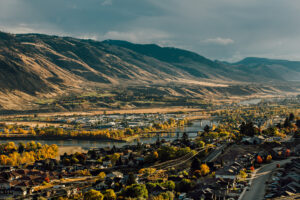
Motorcycle Trip Planning
Planning a motorcycle trip involves a few key elements: mapping out a route, researching accommodations and stops along the way, packing and preparing for the trip, and understanding the local road laws and regulations. Here are some steps to take when planning a motorcycle trip in BC, along with some useful website resources.
New Riders & ICBC Testing
New to riding but want to sharpen your skills or need a bike for the ICBC Skills/Road Test? Fear not we will still rent to you!
-
Can I rent with a Learner's Permit?
Yes, however we need to abide by the same restrictions that are on your license. In addition we restrict the bikes to a displacement of 500 cc's or less.
-
Can I use a rental motorcycle for an ICBC Skills or Road Test?
Yes, we provide a copy of the insurance in the bike and note on the rental contract that you are allowed to due so. For ICBC skills tests you would either need to have a supervisor present at the time of rental to accompany you to the testing center or a truck/trailer to transport the bike.
-
Can I rent if I've never ridden a motorcycle before?
No, we require that you've at least completed an motorcycle training course or have had some other previous motorcycling experience prior to renting.
